-
chevron_right
Court Denies RIAA’s $250,000 Attorney Fees Request Against Yout
news.movim.eu / TorrentFreak · Tuesday, 17 January, 2023 - 19:58 · 2 minutes
 In 2020, YouTube-ripper Yout.com sued the RIAA, asking a Connecticut district court to declare that the site does not violate the DMCA’s anti-circumvention provision.
In 2020, YouTube-ripper Yout.com sued the RIAA, asking a Connecticut district court to declare that the site does not violate the DMCA’s anti-circumvention provision.
The music group had previously used DMCA takedown notices to remove many of Yout’s appearances in Google’s search results. This had a significant impact on revenues, the site argued, adding that it always believed it was not breaking any laws and hoped the court would agree.
That wasn’t the case. Last October, Judge Stefan Underhill ultimately concluded that the service had failed to show that it doesn’t circumvent YouTube’s technological protection measures. As such, it could be breaking the law.
$250,000 Attorneys Fees
Soon after the court’s decision, the RIAA submitted a request to have Yout pay the $250,000 in attorneys fees it incurred thus far. As the prevailing party, RIAA felt that it was entitled to compensation.
Yout wanted to press on, however. Site operator Johnathan Nader swiftly filed an appeal as he believes that YouTube rippers don’t violate the DMCA. A few weeks ago, his legal team asked the court to put the RIAA’s request for attorneys fees on hold while the appeal is pending.
Postponing the fees decision was important for Yout because immediate payment might undermine its ability to properly fund its legal campaign. It would also harm Yout’s defense and the many other sites and services indirectly impacted by the case, Yout informed the court.
No Money?
The RIAA didn’t buy it. In a response brief, the music group doubted that Yout lacks the means to fund its legal campaign. After all, it was still operational and able to retain a new team of lawyers for its appeal.
“The record in this case suggests that Yout does not lack resources: Yout admits that its service is still operational and it has hired three new lawyers for the appeal,” the RIAA wrote.
Again, Yout disagreed. Backed up by a bank statement, the YouTube ripper showed the court that the site was barely running break-even. In fact, Nader used his personal funds to bankroll the appeal.
“[I]f a judgment on fees is issued at this time, that could severely impact Plaintiff’s ability to fund the appeal whether through company funds, personal funds, or third-party assistance,” Yout argued in court.
Court Denies Fees Request, For Now
After hearing the arguments from both sides, U.S. District Court Judge Stefan Underhill decided to deny the RIAA’s request for attorneys fees altogether. However, the music group can refile it after the appeal. This means that Yout’s request to stay the matter is moot.
“Here, I choose to exercise my discretion to deny the fee motion without prejudice and grant the RIAA leave to re-file the motion upon resolution of the appeal,” Judge Underhill writes.
The Judge argues that delaying the issue saves judicial resources. In addition, the party that wins the appeal will likely request attorneys’ fees as well, so the order also avoids piecemeal adjudication.
To outsiders, the ruling may seem nothing more than an administrative battle, but it may prove to be a crucial one for Yout. Without legal funds, an appeal would have been virtually impossible to win.
—
A copy of U.S. District Court Judge Stefan Underhill’s order is available here (pdf)
From: TF , for the latest news on copyright battles, piracy and more.
 There are plenty of options for copyright holders to frustrate the operations of pirate sites, but one of the most effective is to attack their domain names.
There are plenty of options for copyright holders to frustrate the operations of pirate sites, but one of the most effective is to attack their domain names.



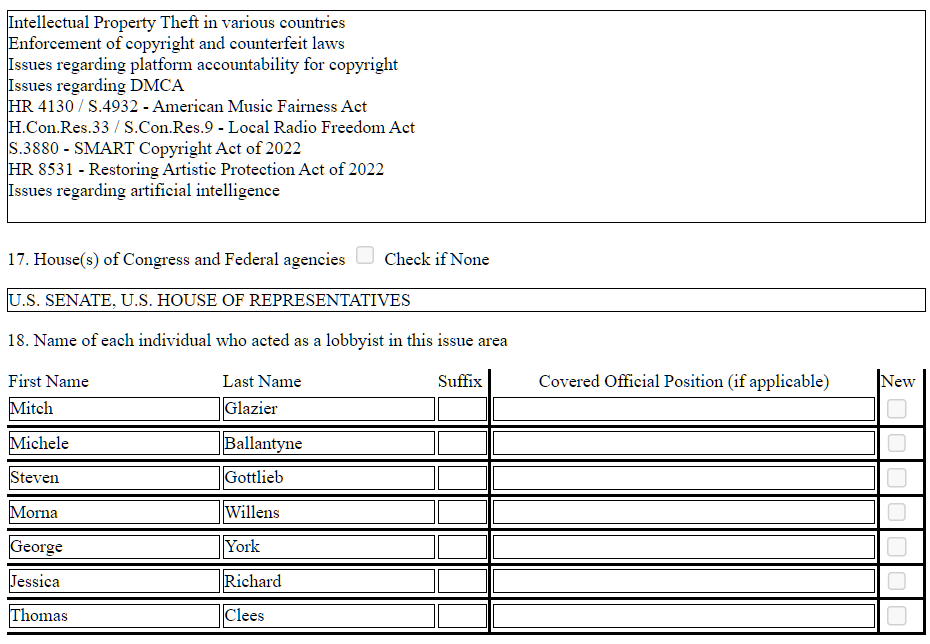
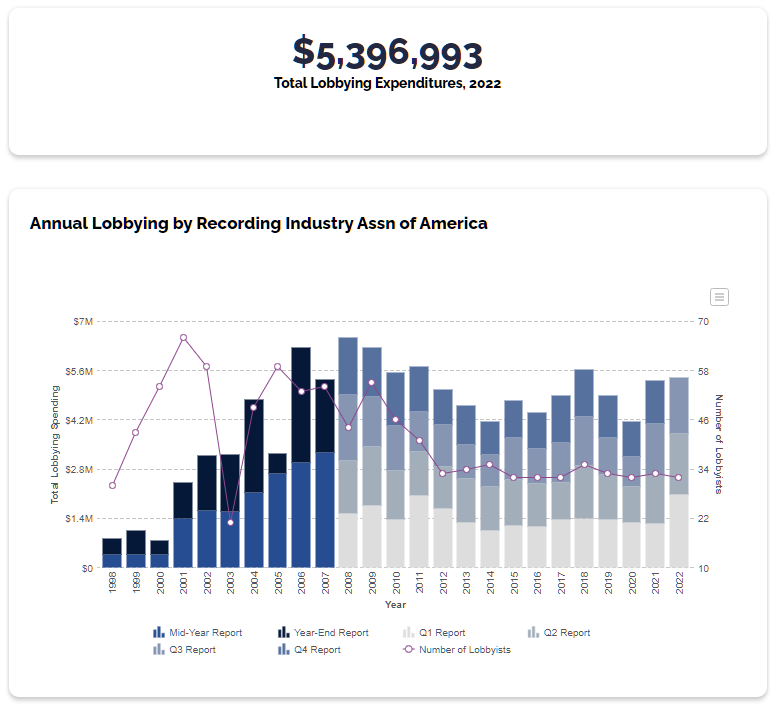
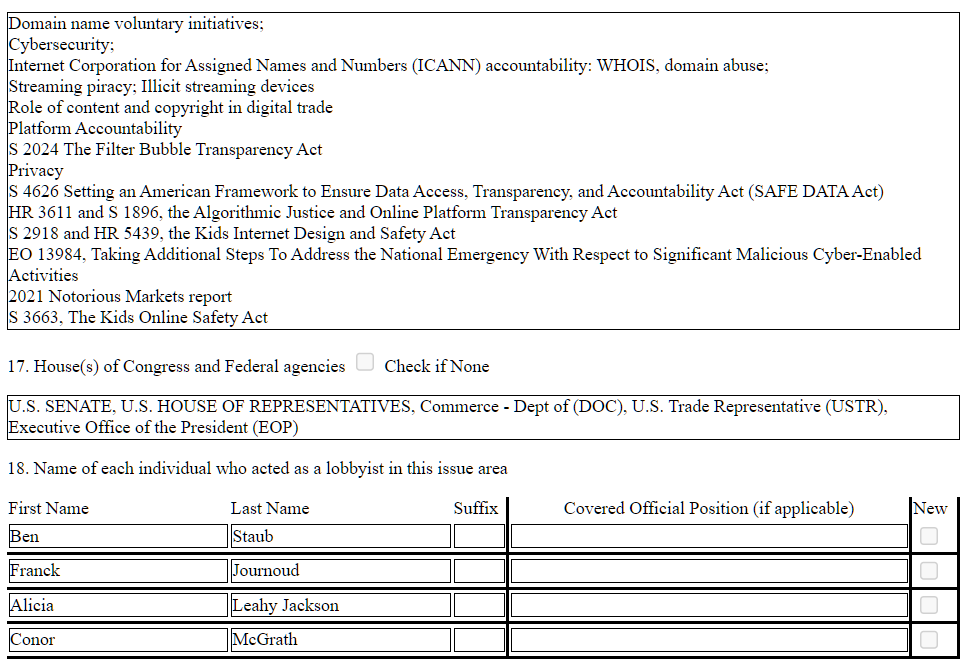

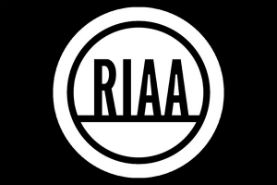 In 2020, YouTube-ripper Yout.com sued the RIAA, asking a Connecticut district court to declare that the site does not violate the DMCA’s anti-circumvention provision.
In 2020, YouTube-ripper Yout.com sued the RIAA, asking a Connecticut district court to declare that the site does not violate the DMCA’s anti-circumvention provision.

 Two years ago, the RIAA caused outrage by taking down the open source YouTube-ripping tool youtube-dl from GitHub.
Two years ago, the RIAA caused outrage by taking down the open source YouTube-ripping tool youtube-dl from GitHub.

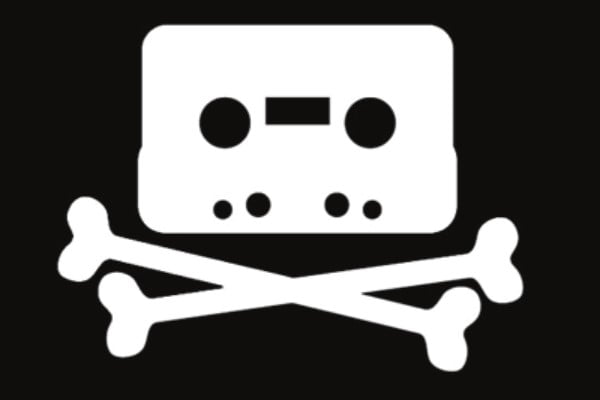 Three years ago, several of the world’s largest music companies including Warner Bros. and Sony Music sued Internet provider Grande Communications.
Three years ago, several of the world’s largest music companies including Warner Bros. and Sony Music sued Internet provider Grande Communications.



